This is an important content in the agenda of the ASEAN Ministerial Meeting on Sports (AMMS) and related Conferences, held in Vietnam from October 13-17.
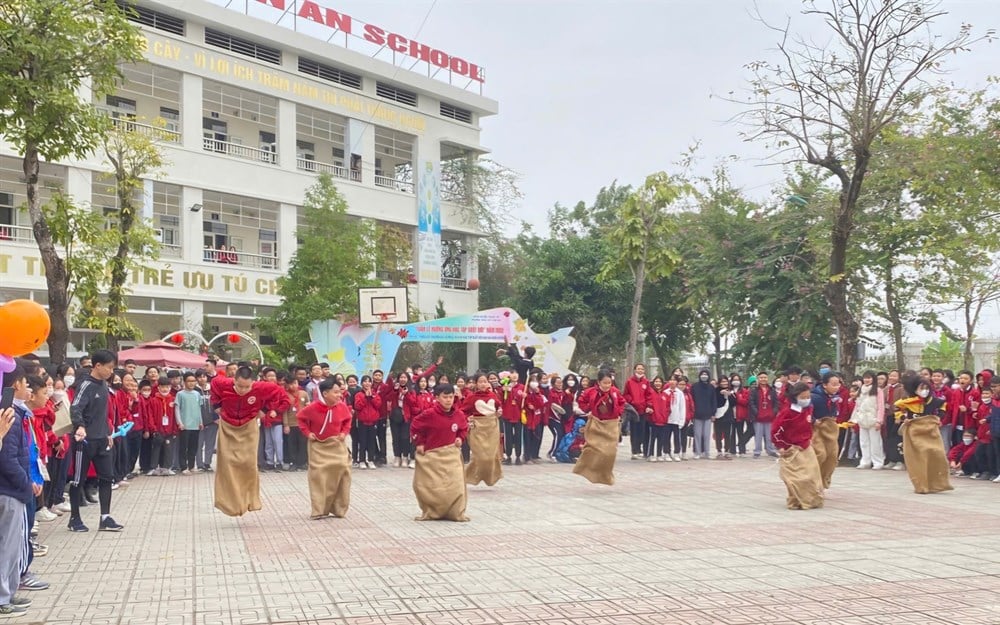
In the context of globalization and the strong development of modern sports, many traditional sports and games in ASEAN countries and China are gradually disappearing.
Restoring and preserving these values is not only to preserve identity, but also to foster solidarity, enhance cultural and sports cooperation and create motivation for tourism . Familiar sports such as tug of war, stick pushing, crossbow shooting, traditional wrestling... are not simply physical training activities, but also contain cultural stories, reflecting the customs, habits and history of each ethnic group.
Facing the risk of extinction, ASEAN and China have agreed to implement the ASEAN-China Traditional Sports and Games Revival Project, aiming to research, collect, and systematize unique sports; organize annual folk sports festivals; integrate traditional games into schools as a physical education content; and promote exchanges and performances in regional sports events.
This initiative is seen as a strategic solution to preserve intangible cultural heritage, linking sports with tourism and sustainable development.
Many member countries have included folk sports in their cultural and tourism cooperation programs, contributing to attracting international tourists, developing local economies and creating livelihoods for people. Festivals associated with traditional games are increasingly becoming unique tourism products, affirming the enduring vitality of folk culture in contemporary life. This is also a direction to help traditional sports become a “soft brand”, enhancing the position of ASEAN and China on the world cultural map.
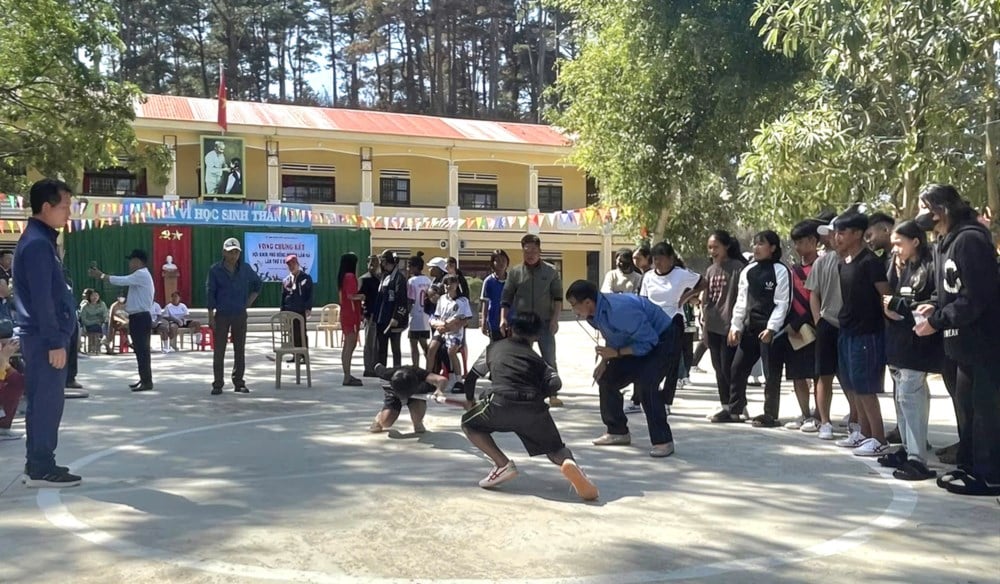
In this cooperation process, Vietnam is considered one of the leading countries with many outstanding results. Possessing a rich treasure of folk sports such as tug of war, stick pushing, shuttlecock kicking, traditional wrestling, human chess, crossbow shooting, etc., Vietnam not only preserves but also elevates these values into national cultural and sporting events.
Notably, in 2015, Vietnam, along with South Korea, Cambodia and the Philippines, jointly submitted a dossier to UNESCO to recognize tug of war as an Intangible Cultural Heritage of Humanity, demonstrating a proactive role and spirit of international cooperation.
Many traditional Vietnamese sports have been recognized by the Ministry of Culture, Sports and Tourism as national intangible cultural heritages, and are integrated into major festivals such as the Giong Festival (Hanoi), the Hung Temple Festival (Phu Tho) or the Sinh Village Wrestling Festival (Hue). In addition, folk game festivals in schools are held regularly, helping the younger generation understand, love and be proud of the national cultural heritage.
Vietnam also actively participates in cooperation programs with China in collecting, researching, and digitizing documents; bringing folk games into schools; international exchanges and promoting traditional sports associated with tourism. These activities not only help promote the image of the country and people of Vietnam as friendly and rich in identity, but also contribute to spreading the spirit of cooperation and common responsibility of the region in preserving and promoting heritage values.
The joint efforts of ASEAN countries and China in preserving traditional sports and games is a testament to the region's strategic vision - preserving for development, preserving the past to create the future.
From tug-of-war ropes, poles, or the bustling sound of wrestling drums, these traditional values are being breathed new life into, becoming cultural bridges and symbols of cohesion in a united, creative, and unique ASEAN-China community.
Source: https://baovanhoa.vn/the-thao/gin-giu-the-thao-truyen-thong-lan-toa-ban-sac-khu-vuc-174197.html


![[Photo] 60th Anniversary of the Founding of the Vietnam Association of Photographic Artists](/_next/image?url=https%3A%2F%2Fvphoto.vietnam.vn%2Fthumb%2F1200x675%2Fvietnam%2Fresource%2FIMAGE%2F2025%2F12%2F05%2F1764935864512_a1-bnd-0841-9740-jpg.webp&w=3840&q=75)
![[Photo] Cat Ba - Green island paradise](/_next/image?url=https%3A%2F%2Fvphoto.vietnam.vn%2Fthumb%2F1200x675%2Fvietnam%2Fresource%2FIMAGE%2F2025%2F12%2F04%2F1764821844074_ndo_br_1-dcbthienduongxanh638-jpg.webp&w=3840&q=75)








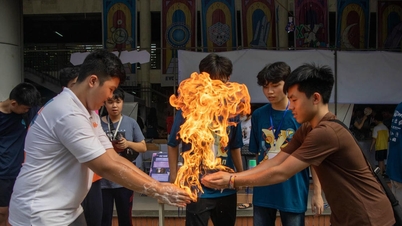

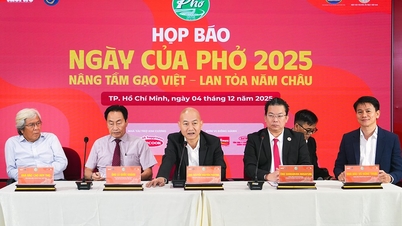
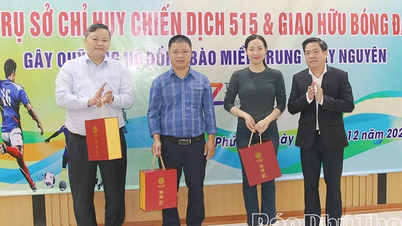

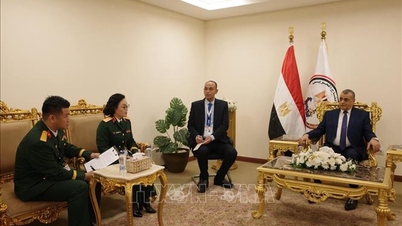




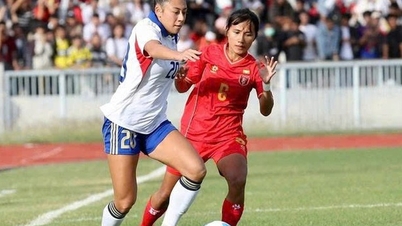


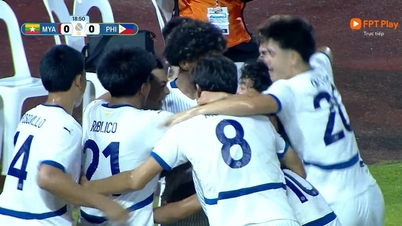

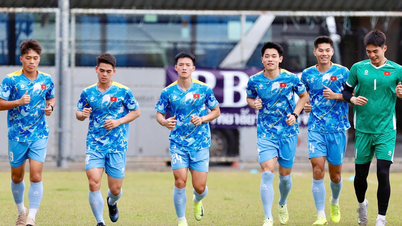





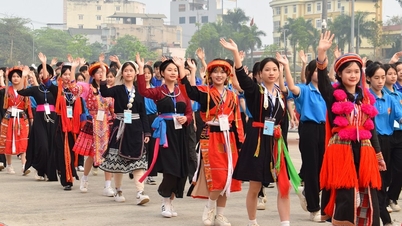
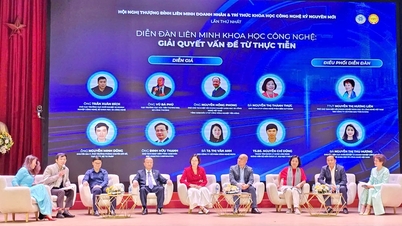


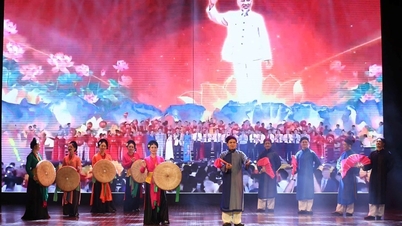
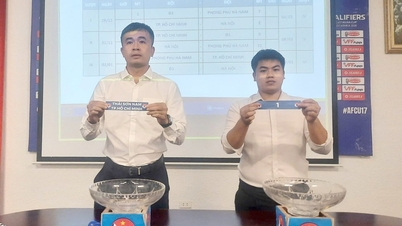











































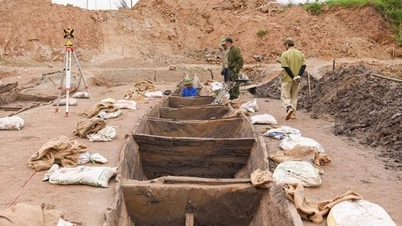


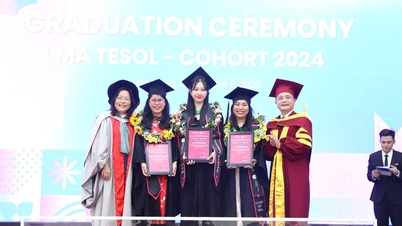

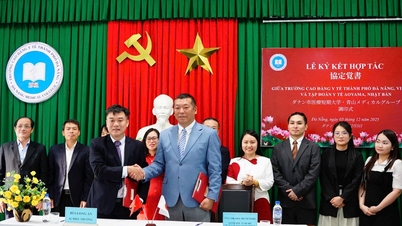




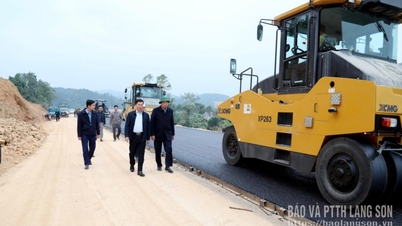

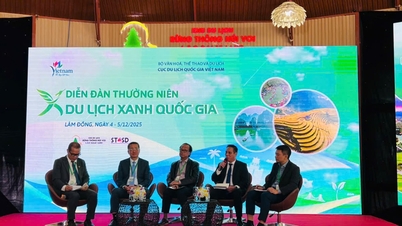

















Comment (0)